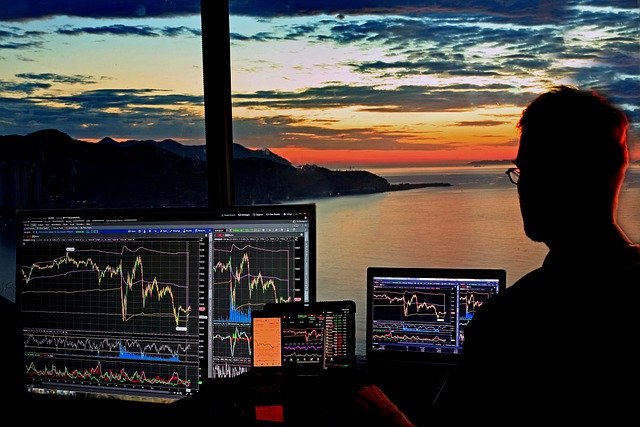“Hold all traffic on the Key Bridge.”
The terse command from an officer in Baltimore’s busy commercial shipping port was one of the first warnings of a disaster that experts now predict will transform shipping on the Eastern Seaboard and change how ships and bridges function around the world. But after the cargo ship Dali lost power early Tuesday, there were precious few minutes to act.
In those minutes, many people — from the ship’s crew, who sent out a mayday signal, to the transportation authority police officers, who stopped traffic heading onto the Francis Scott Key Bridge — did what they could to avert catastrophe, most likely saving many lives.
And yet — no matter what anyone did — several factors made catastrophe all but inevitable. When a ship of this size loses engine power, there is little to be done to correct its course, even dropping an anchor down. And the Key Bridge was particularly vulnerable. As long ago as 1980, engineers had warned that the bridge, because of its design, would never be able to survive a direct hit from a container ship.
The collision and subsequent collapse of the bridge swallowed up seven road workers and an inspector who could not be alerted and pulled off the bridge in time; two were pulled alive out of the water, but four others are still missing and presumed dead. Two bodies were retrieved on Wednesday, authorities said.
Also caught up in the disaster were the ship’s 21 crew members, all from India, who had prepared for a long journey to Sri Lanka on the Dali. While none of them were hurt, they would be held on board for more than a day as the ship sat in the harbor, the ruins of the bridge tangled around it, as authorities began their investigation.

